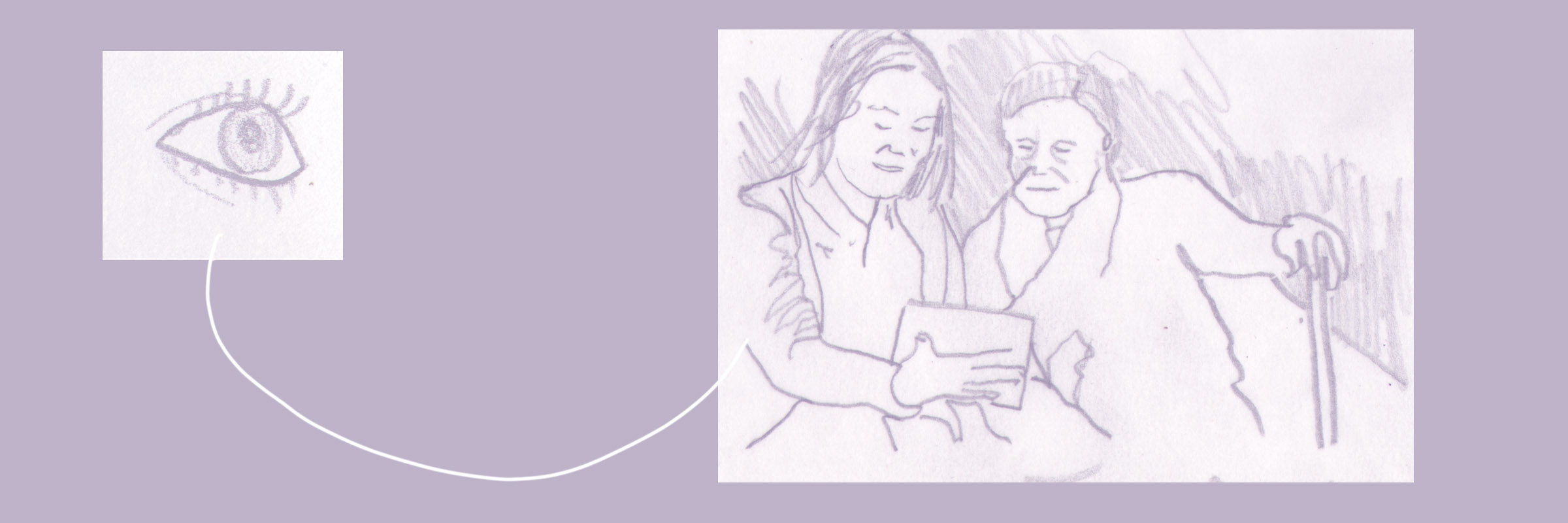How can the risks be reduced?

Despite the value that many find in using the internet and social media, people with disabilities are less likely to use it than those without disabilities.
While not all of this is due to online abuse, the Hidden in Plain Sight inquiry (Equality and Human Rights Commission, 2011) found that when disabled people report it, the response from police, families, and care and support workers is often to tell them to stay offline.
There are also instances of technology being removed to prevent disabled people from using the internet.
When the online environment offers opportunity for enrichment, support and social connections, and for participation and access to wider society, being encouraged or driven offline can be detrimental to a person’s life and wellbeing.
Some suggestions to help mitigate risks include:
- Developing a shared decision-making and negotiation process between the carer / worker and the adult at risk
- Agreement between agencies and the person on how the potential risks for the adult can be managed
- Provide awareness / support to the person around perceived risks
- Provide training on how to navigate use of the internet and social media, and on the social skills needed for online interactions.
The Mencap site provides a range of online training, guides and learning to support people with a learning disability to know what personal information they should share online, how to protect their personal data and navigate themselves online safely. This may be useful for you to explore, with some activities that could also be done together.
The advice on the Get Safe Online website provides guidance to protect yourself online, and is very helpful to think about those who you support. There is a range of guidance there that is relevant, and some specific advice if you are affected by cyberbullying or worried about hate content.
If you as a practitioner have concerns, there are a number of levels in which you could take action. There is the broad Staying Safe Online guide published by mygov.scot that also provides short guidance on reporting online crime to the police. If fraud has been involved then you can contact ActionFraud to report for a victim. On the level below this, and often a first action, would be to report a concern to the website or social media platform in which the interactions have been taking place. Most will have a contact form or button to do that and some of the most popular social media sites have their own online safety pages, please see Social Networking Sites for some of those links. There will also be local procedure to follow (aligned with the Adult Support and Protection Scotland Act 2007) around referring and recording concerns relating to adults at risk of harm.
Iriss is a charitable company limited by guarantee. Registered in Scotland: No 313740. Scottish Charity No: SC037882.
Registered Office: 5 South Charlotte Street, Edinburgh. EH2 4AN.